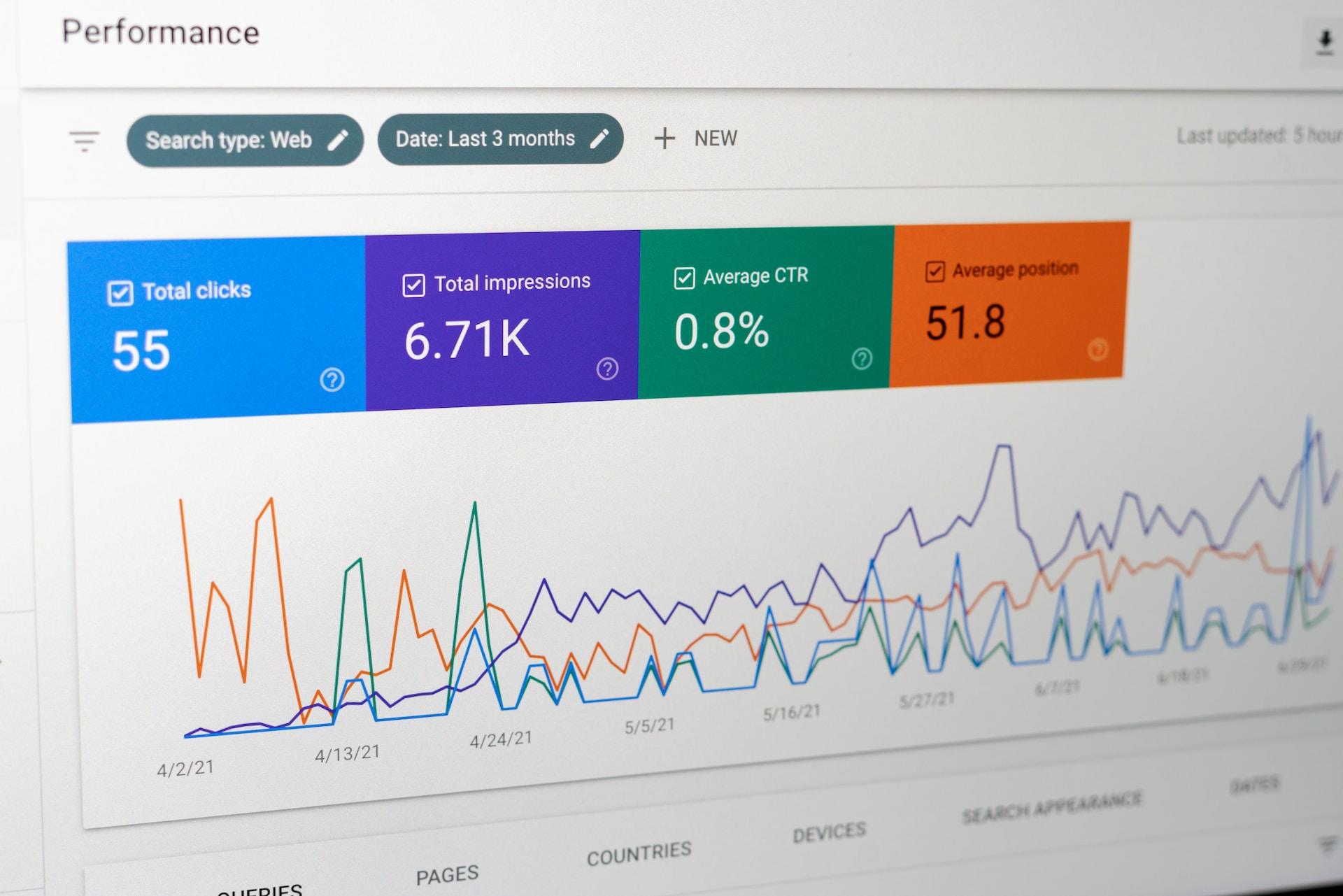Earning your high school certificate (HSC) is an epic undertaking with possible lifetime consequences. For instance, you might have dreamed of curing cancer or getting in on the ground floor of some amazing technical feat.
Perhaps some artificial intelligence (AI) revolution. But without the right combination of marks to guarantee you a high Australian Tertiary Assessment Rating (ATAR), your career plans are dashed.
This makes it all the more understandable that ATAR, bands, marks and scaling are so confusing. The New South Wales Education Standards Authority (NESA) published a guide sheet but it's hard to follow. Other outlets may explain this or that part of the process but few give a comprehensive overview.
This article aims to give you all the information you need to understand how your efforts will rate. First, we'll explain scaling and the differences between high- and low-scaling subjects.
And then, we'll talk about whether you should aim for the highest-scaling courses or use a different criterion to make your selections.

Scaling HSC Subjects: What Is Scaling?
You may have heard the terms 'Overton window', 'Venn diagram', 'Bell curve' and others like it. They all represent the same concept: groupings where most fall within a range. Such an average might be political ideals, religious beliefs or the types of television shows viewers prefer. We're addressing school subjects.
In a typical classroom, it's easy to rank students. The ones who earn high marks are at the top of the class and those who don't score well are in the lower percentile. All other students rate somewhere between those two extremes.
To know how well a group of students did in a particular class, say, in Biology or Maths, a teacher might average students' marks.
Averaging works well for a single subject and a single group of students. It does not work at all when trying to assess how all students in a region did in all their classes. That's what scaling is for.
Scaling reflects how competitive a course is; not how hard it is. It's meant to balance HSC courses and give them equal weight; it doesn't change your class grade or improve it relative to other students in your class.
Scaling gives all students an equal advantage regardless of the HSC courses they choose.
Classroom marks are typically ranked on a scale from 1-100. Universities cannot use these marks to admit students because doing so leaves students with lower marks out of the running. So your classroom marks, along with your HSC exam marks are averaged out to give you a rating compared to other students.
It doesn't matter which subjects each student selects; scaling considers them all. If everyone chose all the same subjects, averaging their marks would be enough to rate their relative performances.
But thousands of students choose from the hardest to the easiest HSC subjects. So the University Admissions Centre (UAC) must have a way to categorise student performances to accord them an ATAR.

HSC Scaling Subjects: How it Works
Your HSC result should show three marks for each course you take. The first will be an assessment mark, reflecting how you did throughout the course; next, you'll see your exam mark. These are your raw scores. Your HSC mark averages your raw marks.
UAC then scales these marks. First, they 'rank' courses on a scale. Courses with difficult subject matter sit at the top of the scale and those with easier content follow. The point is to assess the courses' degree of intensity, not the students' performances.
Let's say you took a Maths course and earned an 87 (raw mark). How well did you do compared to someone who took English or Chemistry and earned the same marks? UAC needs to compare students who took Standard English with those who preferred Advanced English; scaling gives them a way to do so.
We'll use Chemistry as our example but the process applies to every HSC subject you select. UAC inputs the raw marks from every Chemistry class in New South Wales (NSW) into a computer program to standardise them.
The program generates a common mean - an average, and assigns a standard deviation (the range of marks). This establishes a baseline scale that UAC uses to gauge individual Chemistry class performances.
This process' last step entails scaling individual students' raw marks for all the courses they took. Rumour has it that even if you take an Advanced or Extension course and do poorly, you'll still get a better ATAR. From this explanation, we know that's not exactly true. Your marks matter just as much as the subjects you select but for wholly different reasons.
You can earn a high ATAR even by taking the easiest courses on the HSC subjects list. Your marks reflect your performance compared to all the other students in NSW who took the same courses you did.
It's a bit like running a marathon: your marks equal the time you ran the race in. Your ATAR is what place you came in - first to 159th, for example.

The Highest Scaling HSC Subjects
Now that we know how scaling works, let's talk about the highest-scaling HSC subjects. That's actually a misnomer because, as we now know, scaling ensures that all courses are equally weighted. So in this section, we're talking about subjects with perceived higher scaling.
By all accounts, advanced and extension courses fit that description. Everyone is required to take Standard English but fewer students select Advanced English, so that course seems to scale higher. By the same token, science subjects are well populated but Science Extension courses see lower enrolment numbers.
Let's say you take Mathematics Extension 2, one of the hardest HSC subjects in the course catalog. Statistics show that students taking this class typically score well in other subjects, too. Their high achievements across the board lead students to think that Maths Ex2 must be high-scaling. But it's only a reflection of students' overall performances.
When the algorithm creates the ATAR, it takes into consideration the study materials' more advanced quality. It gives them a higher weighted contribution than other, seemingly easier and more popular subjects. Thus, they appear scaled up.
If you're confident in your maths skills and want to take Mathematics Extension 2, you should do so. And if English is your best and most interesting subject, you have no reason not to take English Advanced.
But you shouldn't feel compelled to take Maths, English or Science extension courses simply for a higher mark and ATAR.

Choosing the Highest Scaling HSC Subjects
Australian students are luckier than most. They get to choose which subjects they will study during their last two years in high school; only English is mandatory. Compare our system to the Chinese GaoKao (lit. Big Exam), with its pre-determined subjects.
GaoKao results determine whether test takers qualify for university study and if so, which tier university they may enrol in.
Or the American system, where high school credits determine whether a student may graduate or not. These points are arbitrarily assigned and do not reflect students' actual performances. And then, if students plan to enrol in college or university, they must sit an independent exam that their school doesn't administer.
By contrast, our ATAR and scaling system, as confusing as it seems, is fairer and more accurate.
Seeing as we get to choose our subjects, it would seem to be in our better interests to choose the highest-scaling HSC subjects. As a guarantee into our university degree program of choice, this strategy can't be beat.
If only our exam performance could be as firmly guaranteed!
But choosing the highest scaling HSC subjects just to guarantee university enrolment isn't the right way to think about HSCs. You should choose your subjects because they're interesting to you and you want to learn more about them. Or because you want to learn skills that will serve you well later in life.
The opposite is also true. Recent statistics have shown that today's students prefer subjects that they believe will take less effort to score well in. Taking a course you're not interested in and have no use for just to 'tick a box', as it were, won't serve you well.
When you select your HSC subjects, try to aim for a blend of high- and low-scaling subjects. This strategy will help balance your study load and take away some of the stress and pressure of preparing for exams.
You may also discover that you're more interested in the high-scaling subject than the lower-scaling ones. That might prod you into changing your university study plans and future career goals.
At no time should your focus be so narrow as to only consider one aspect of any issue. Aiming for the highest-scaling subjects means you overlook other subjects you might benefit more from. And your expectations might get you, in the end.
There's no need to overwhelm yourself with all the high-scaling courses; select the ones you need or can comfortably do well in.
Résumer avec l'IA :















